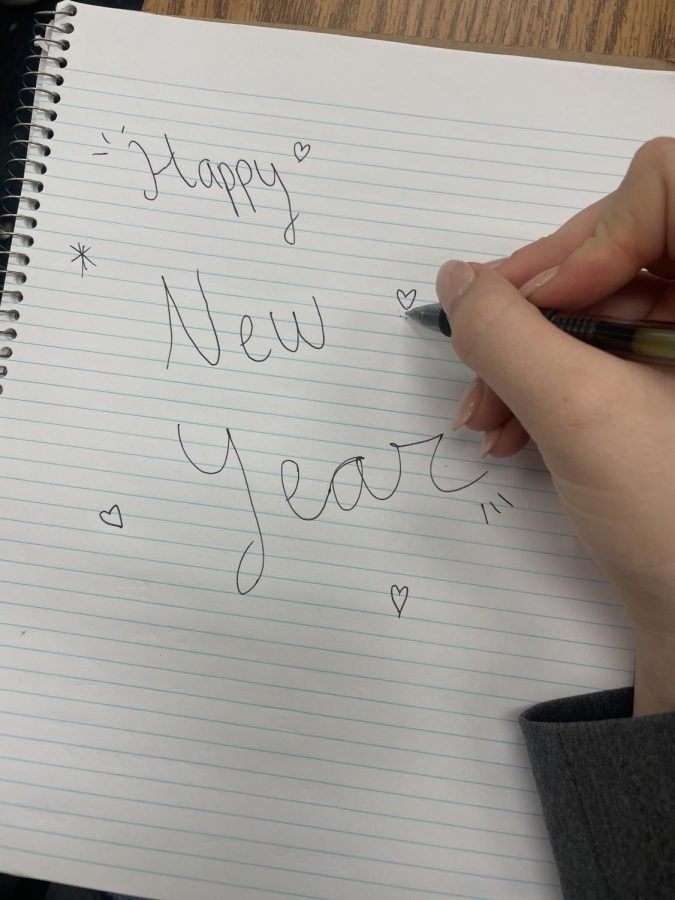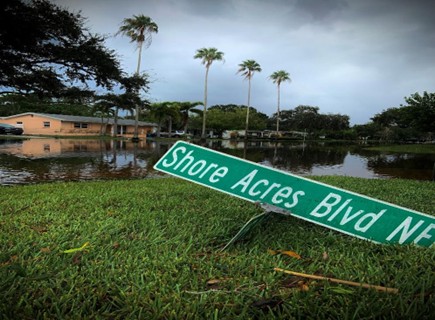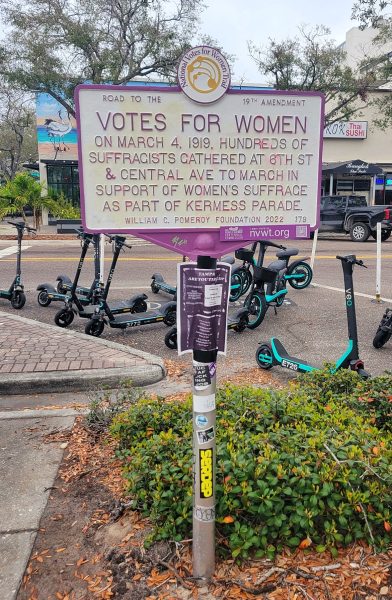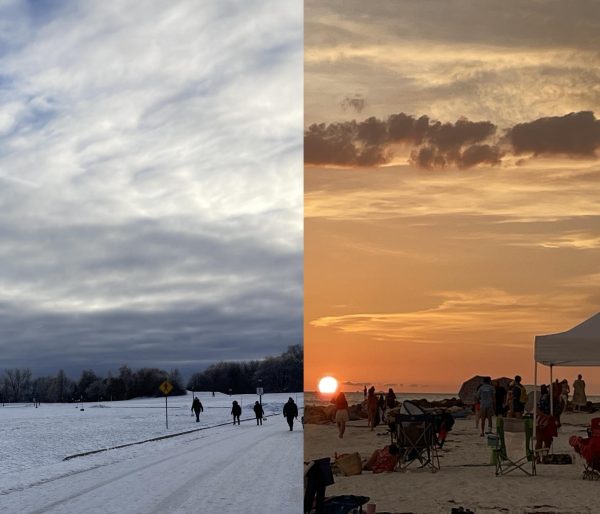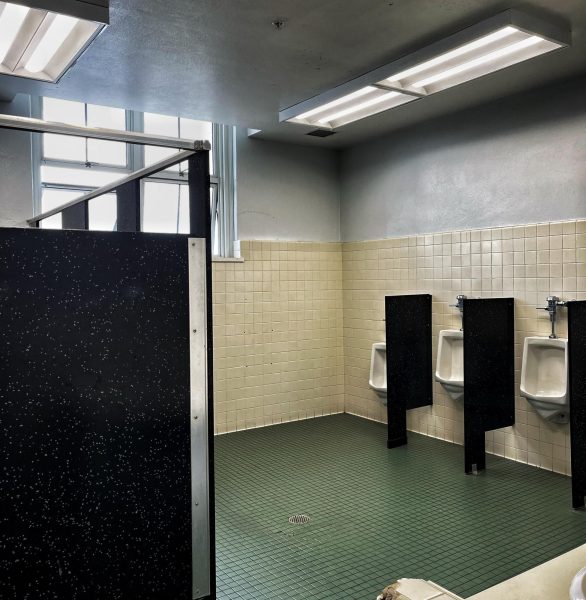New Years Resolutions: yes or no?
New Year’s Resolutions: love them or hate them during this time of year, it’s impossible to escape them. Whether it be working out, drinking more water, or reading many people feel that when the clock strikes midnight on Jan 1st, their lives reset. Some argue the pressure of this expectation sets you up for failure, while others truly reinvent their lives. The history of New Year’s resolutions comes from as far back as 4,000 years ago with the Babylonians. They celebrated in modern-day March. Just like the Babylonians, some people believe spring would be a better time for people to reinvent themselves. Spring is indeed the time of rebirth in nature, rather than the middle of winter. However, many Americans still decide to set resolutions in January. According to the Statistic Brain Research Institute, 45% of Americans make new year’s resolutions, whereas only 8% achieve their new year’s goals.
For Students at Saint Pete High, the new year means a new semester. For some this may mean an opportunity to improve grades, while others feel the impending date of graduation looming upon them. When asking students whether they are making resolutions, many are. One student, Kelly Fuss, said she wanted to read at least one book a week. Another student said she wanted to be more confident. Some New Year’s resolutions are easier to keep track of than others. Reading goals can be tracked on apps like GoodReads or StoryGraph, while others are harder to keep track of as they are mindsets. One way to keep track of those more obscure resolutions is by journaling your thoughts. A 2006 study by Stice, Burton, Bearman, & Rohde showed that writing in a journal can be effective at reducing the risk of depression in young adults.
While many people set New Year’s resolutions to better themselves others set resolutions for how they treat other people. One student Sarah Rowland said she wanted to compliment people more when she thinks about it in her head. Those little compliments can make someone’s day and have a huge impact.
The teachers of St. Pete High have set resolutions for the year as well. Mr. Maxwell, an history and philosophy teacher, said his New Year’s Resolution is to be “done picking up the pieces of others.” Ms. Simmons, a math teacher, said she plans to focus on bettering herself this year so she can be better for others. Mr. Beam, a history teacher, said he doesn’t set new year’s resolutions.
The most common New Year’s resolution for students at St. Pete High is to study more. Although trying to study more is one of the most common New Year’s Resolutions, it is probably the one that is failed the most. Blame it on its vagueness. The resolution has little structure or accountability. Students who want to study more should reference one of our articles, Four Exam Study Habits.
Those more pessimistic about New Year’s Resolutions often believe it is a way for companies to encourage people to buy their products. Almost every sector has a stake in helping people “change their life,” from workout gear to planners to diet fads. Advertising makes us believe we must buy our ability to reset our lives. In 2021, the demand for Peletons during the new year rose 140%, which may be attributed to the increase of at-home fixes that grew in popularity during COVID.
In the end, goals are good things to have, big or small, and the ability to reset your mindset is something we all need. No matter whether you decide to do that on January 1st or any other of the 364 days of the year.


